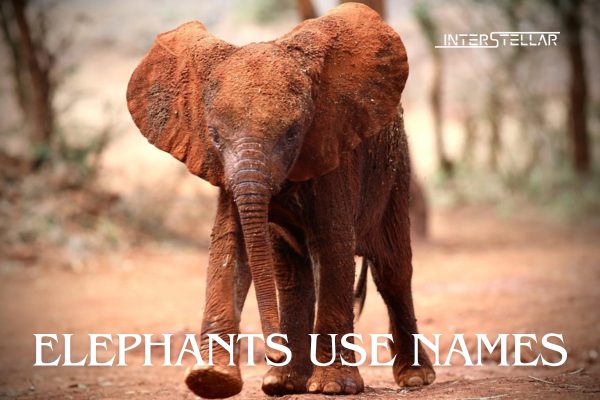Elephants May Use Names to Communicate with Each Other
Over the years, researchers studying elephants have observed a fascinating behaviour. Sometimes when an elephant makes a vocalisation to a group, all the others respond. At other times, only a single individual replies to the same call. This raises the question: could they be addressing each other by names?
A recent study of wild African savannah elephants in Kenya suggests this might be the case. Researchers analysed the vocalisations—mainly rumbles produced using their vocal cords—of more than 100 elephants in Amboseli National Park and Samburu National Reserve.
Using a machine-learning model, researchers identified a name-like component in these calls, indicating a specific elephant as the intended recipient. They then played these recordings to 17 of them to see how they would react to calls directed at them versus those meant for others.
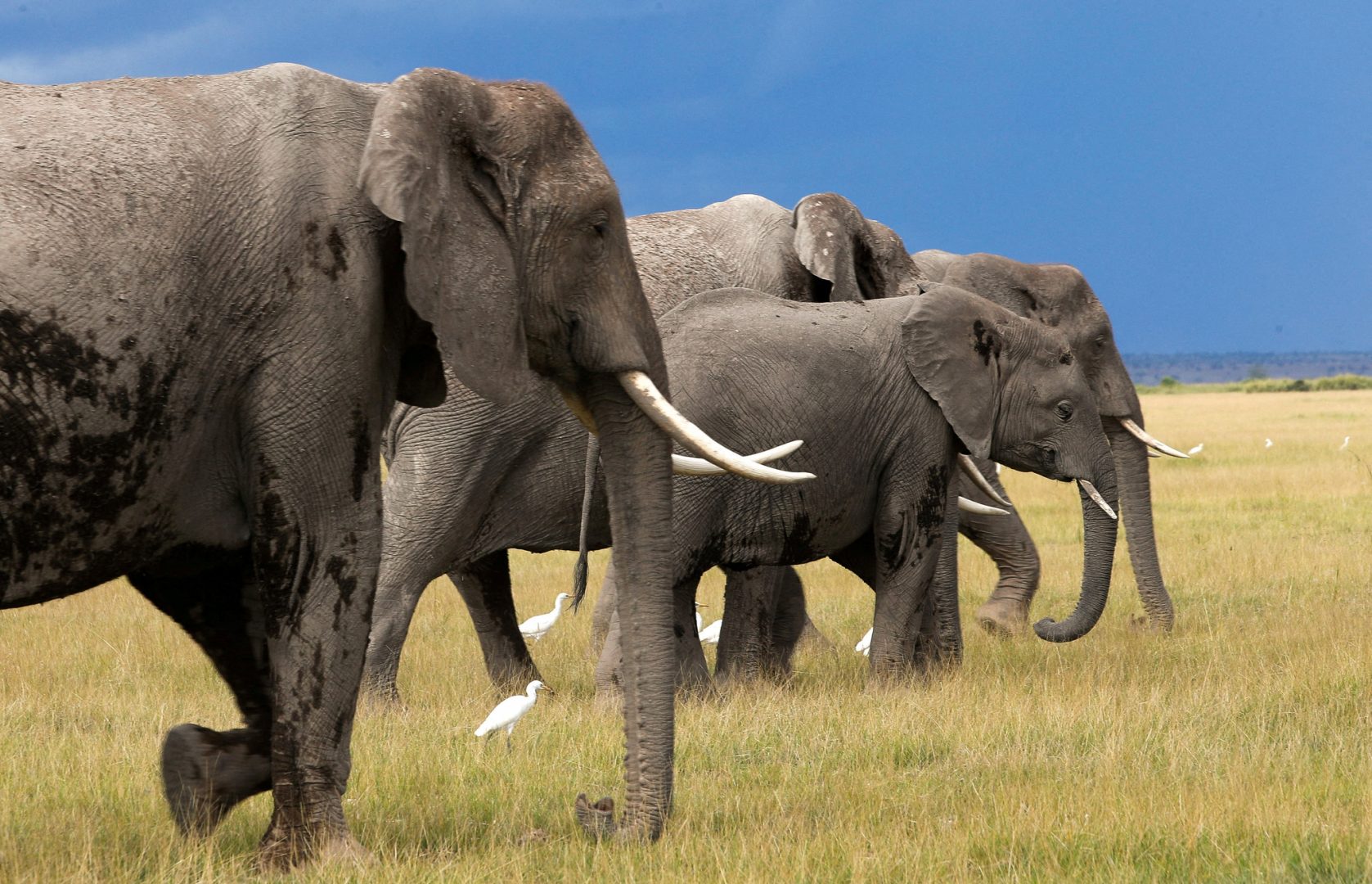
Study Findings on Elephants
They responded more strongly to calls seemingly addressed to them. When they heard such calls, they behaved more enthusiastically, walked towards the audio source, and vocalised more than when they heard calls meant for other elephants.
The study’s findings indicate that elephants “address one another with something like a name,” according to behavioural ecologist Mickey Pardo of Cornell University and the study’s lead author. This research was published in the journal Nature Ecology & Evolution.
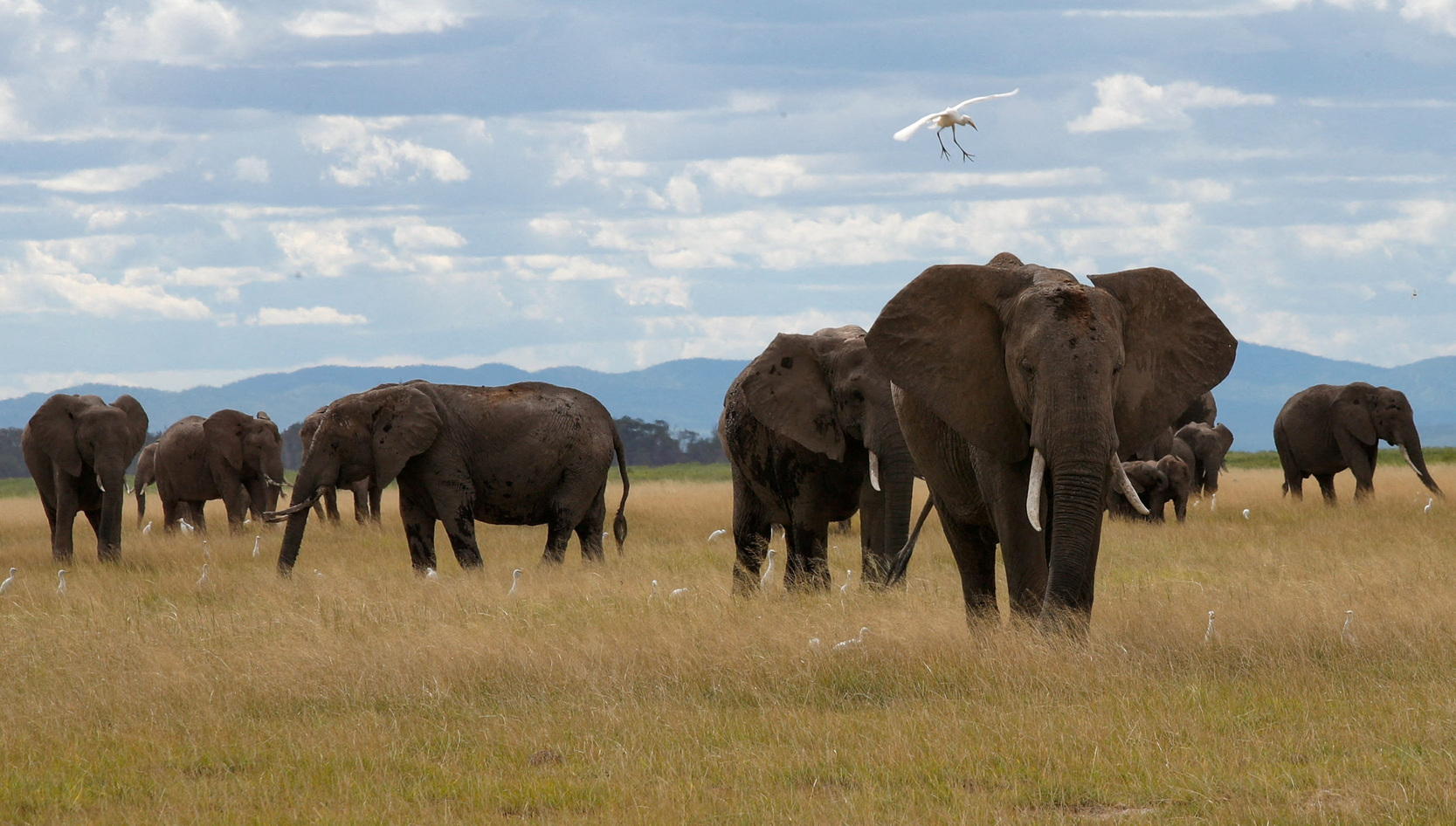
Importance of Social Bonds in Elephants
Pardo stated that for elephants to address one another in this way, they must associate specific sounds with individual elephants. This requires sophisticated learning and understanding of social relationships. The use of name-like calls underscores the importance of social bonds and maintaining various social connections for elephants.
Elephants, the largest land animals, are known for their intelligence, keen memory, problem-solving skills, and sophisticated communication. Previous research has shown that they engage in complex behaviours, such as visual, acoustic, and tactile gestures when greeting each other.
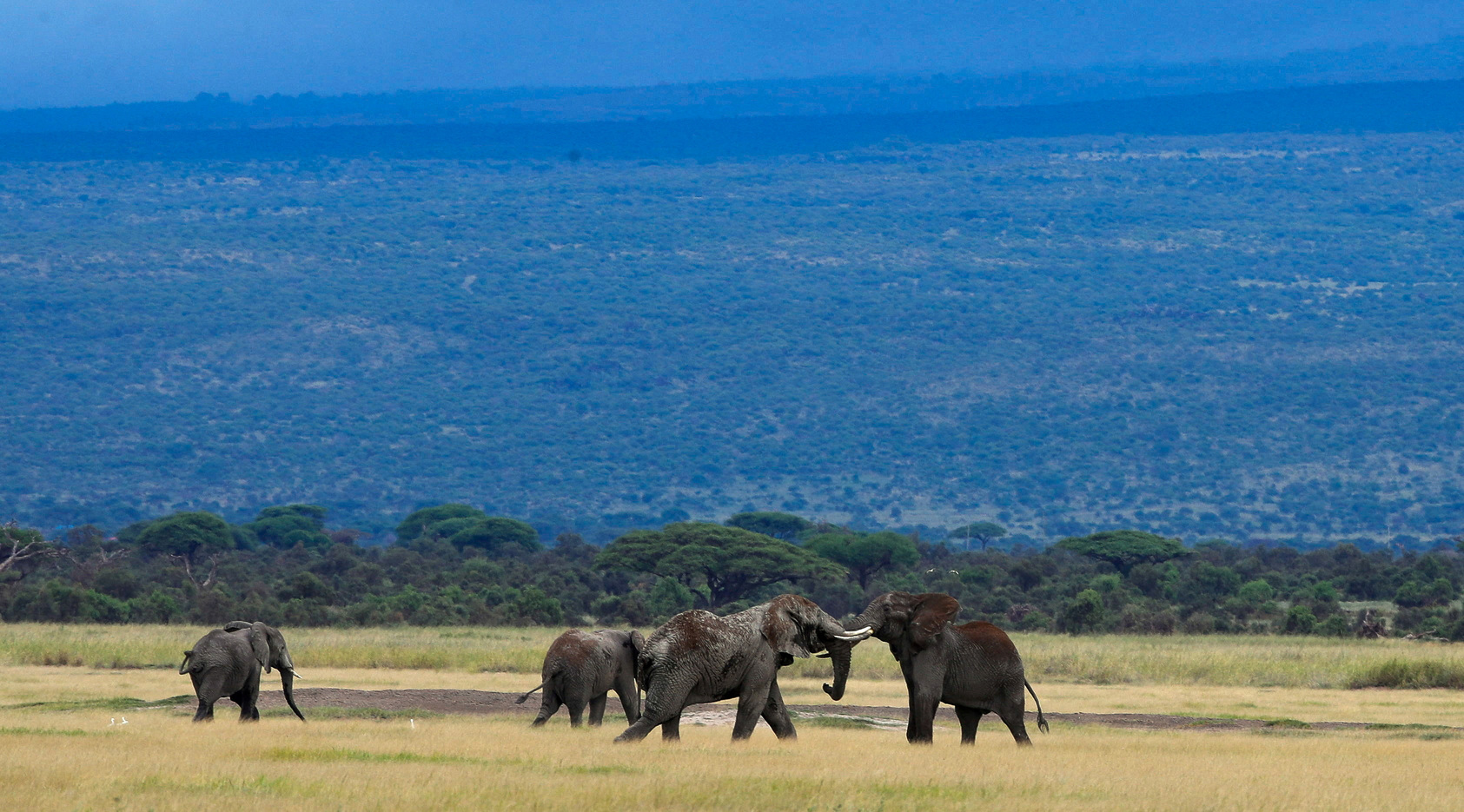
Purpose of Name-like Calls
Why do elephants use names to call each other? While the exact reasons are not fully known, the analysis suggests this behaviour occurs commonly during contact calls where one elephant calls another by name. It is also prevalent among a mother’s rumbles to her calves, often to calm them or check on them.
Using individual-specific vocal labels, or names, is rare but not unprecedented in the animal kingdom. Dolphins and parrots also use names, but they typically imitate the sounds made by other animals. Elephants, however, use arbitrary names, similar to human names, indicating a level of abstract thought.
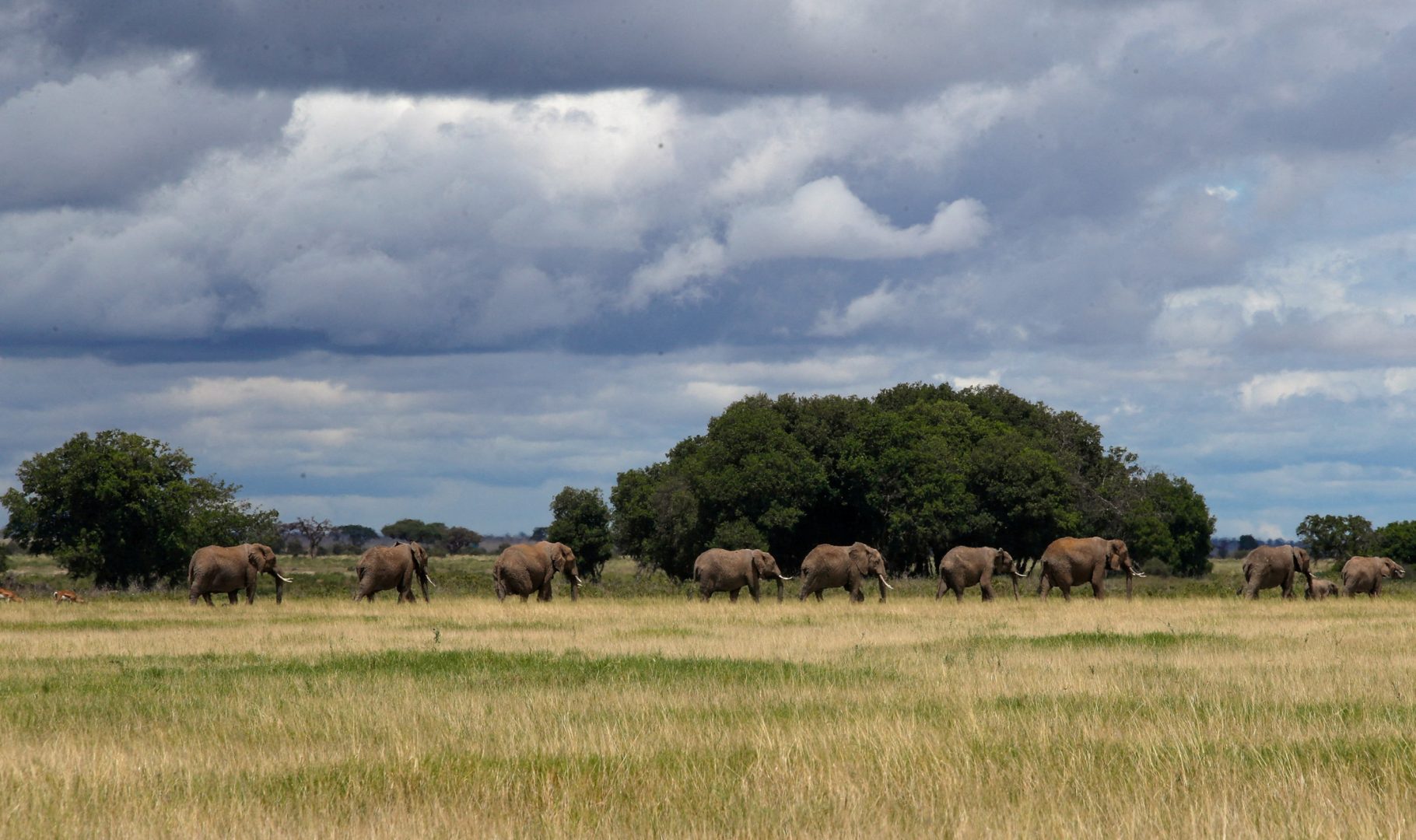
Future Prospects
Might humans one day be able to “talk” with elephants? Colorado State University conservation biologist and study co-author George Wittemyer believes this is a distant possibility. He noted that we still do not understand the syntax or basic elements of elephant vocalisations. Further research is needed to decode this information before any deeper progress can be made in understanding elephant communication.
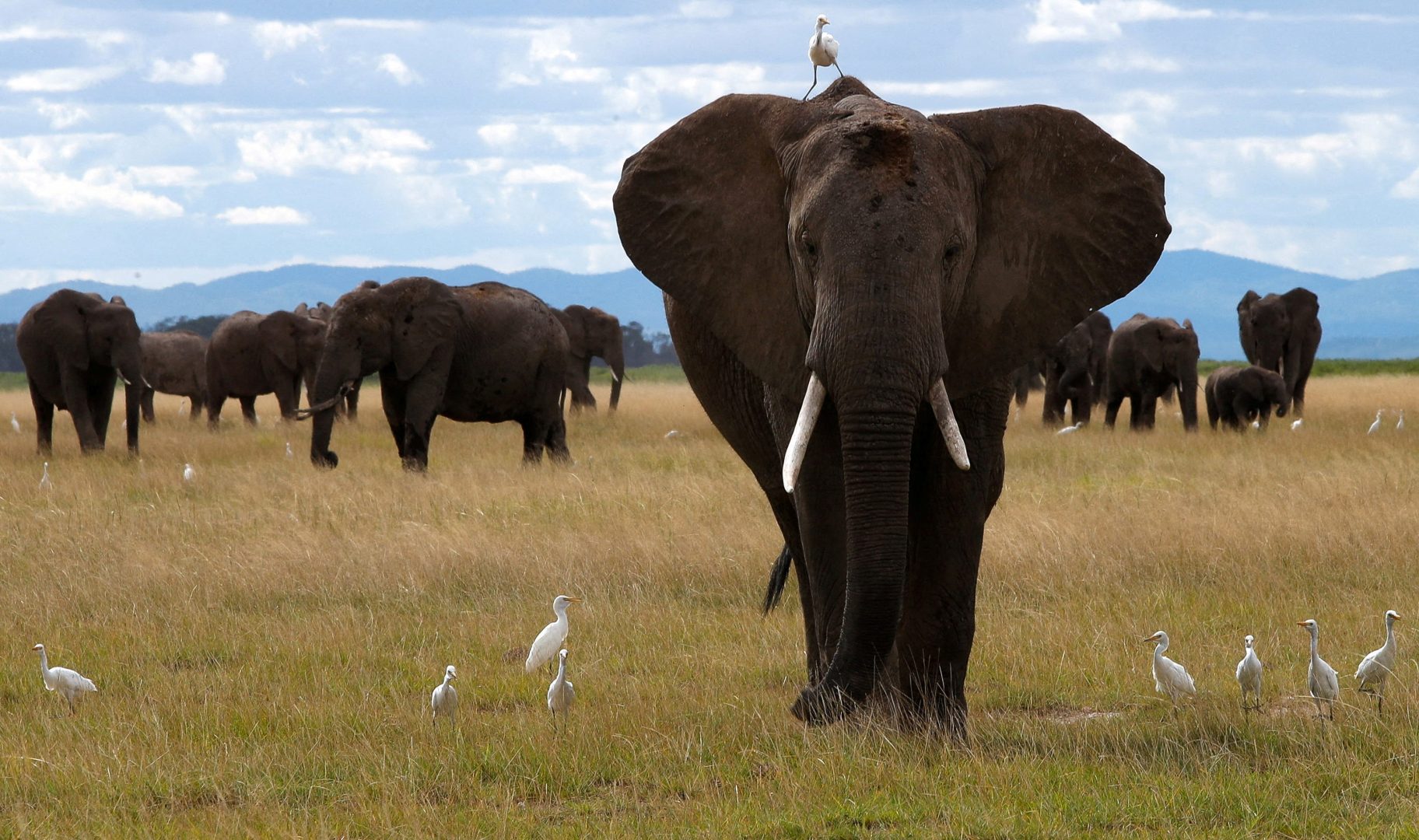
Conclusion
This research highlights the intelligence and social complexity of elephants. Understanding their communication can foster greater interest in their conservation and protection.




